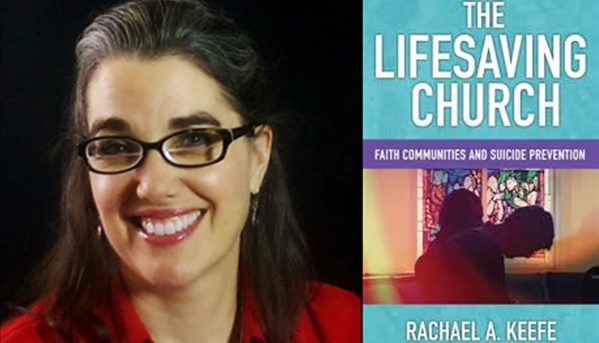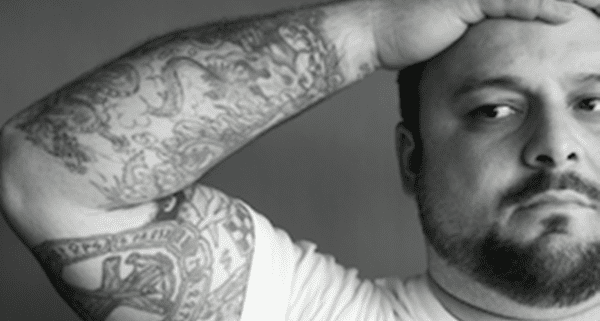Bill Cosby has fallen from grace. America’s dad is in the dog house after decades in our living rooms. The accusations of rape are old news but something has shifted. The accusers’ stories are gaining momentum and what was an open secret is now impossible to ignore. Bill Cosby is a rapist and we all know it. TV Land, Netflix and ABC know it, too, so they are cancelling their relationships with him. A logical move, though I wish it was based on concern for his victims. Cosby has been a money making machine and these corporations were hoping to continue to cash in on him again. I don’t mean to be cynical, but I find it hard to believe that these companies are only now discovering his abuse against women. They want us to believe they are acting morally, but it’s really just about their bottom line. When consumers turn against one of their products, they turn with us.
Sociologists have an explanation for why these old rape accusations have become so damaging to Cosby now.
According to the research of Ari Adut, a University of Texas sociologist, moral scandals like this one arise when a suspected transgression becomes common knowledge.
Even if there is dispersed knowledge about the allegations (as in Mr. Cosby’s case), the information may not trigger a reaction unless it receives what Mr. Adut calls “collective and focused attention.”
In Mr. Cosby’s case, allegations by numerous young women that he drugged and raped them were largely ignored until a routine performed last month by the comedian Hannibal Buress drew newfound attention to the claims.
Here’s what I don’t understand: Why did a comedy routine cause the shift to “collective and focused attention”? It’s the question raised by Barbara Bowman, one of Cosby’s victims. She tried for years to get her story out, but she was silenced again and again by her agent, a lawyer and even friends who felt helpless to take on someone of Cosby’s stature. Bowman believes it was because Hannibal Buress is a man and that his word, even in the form of a joke, carried more weight than hers. She asks:
Why wasn’t I believed? Why didn’t I get the same reaction of shock and revulsion when I originally reported it? Why was I, a victim of sexual assault, further wronged by victim blaming when I came forward? The women victimized by Bill Cosby have been talking about his crimes for more than a decade. Why didn’t our stories go viral?
That is the mimetic question, of course. Why do some things capture our attention and spread like a virus until we are all infected with the same “common knowledge”? The accusations are still just that, unproven accusations. Bill Cosby is still refusing to comment on them. No charges have yet been brought and no case tried in court. Yet what was just a few weeks ago a barely detectable murmur has now risen to such high decibels that we can no longer pretend not to hear. And hearing is knowing.
But why did it take so long for Cosby’s adoring fans to listen? Why did we stop up our ears? Why did the cries of his victims fail to be heard? Perhaps it has a lot to do with not wanting to believe such a horrible thing could be true. When we love celebrities like Bill Cosby, someone who feels like family to us, we would rather not know the awful truth. I for one feel betrayed and ashamed – how could I have laughed so hard at the comedy routine of a man who has caused so many women to weep? And how could I have remained ignorant of the accusations for so long? When I first heard them this week, I admit that my instinct was to take Cosby’s side. And I’m afraid Barbara Bowman has a point that a woman’s cry of rape is ignored until a man joins his voice with hers. As a culture, we have a lot to feel ashamed of here.
Even as I join in the condemnation of Bill Cosby, I am aware of the dynamics of crowd behavior. Mimetic phenomenon like what we are seeing now, in which an accusation is made with such power that an entire community coalesces around it, is not a sure fire way of determining the truth. Crowds have often been wrong and those who appeared guilty later turned out to be innocent of any crime or moral misbehavior. I don’t think that’s the case here, but I cannot be sure. So I think we should all hold on to a sliver of doubt for one good reason: to prevent us from celebrating Cosby’s downfall. From fans to corporations to the legal system to the media, none of us have behaved very well. Instead of celebrating, let’s examine our own part, however small, in the abuse of these women at the hands of a powerful man.











